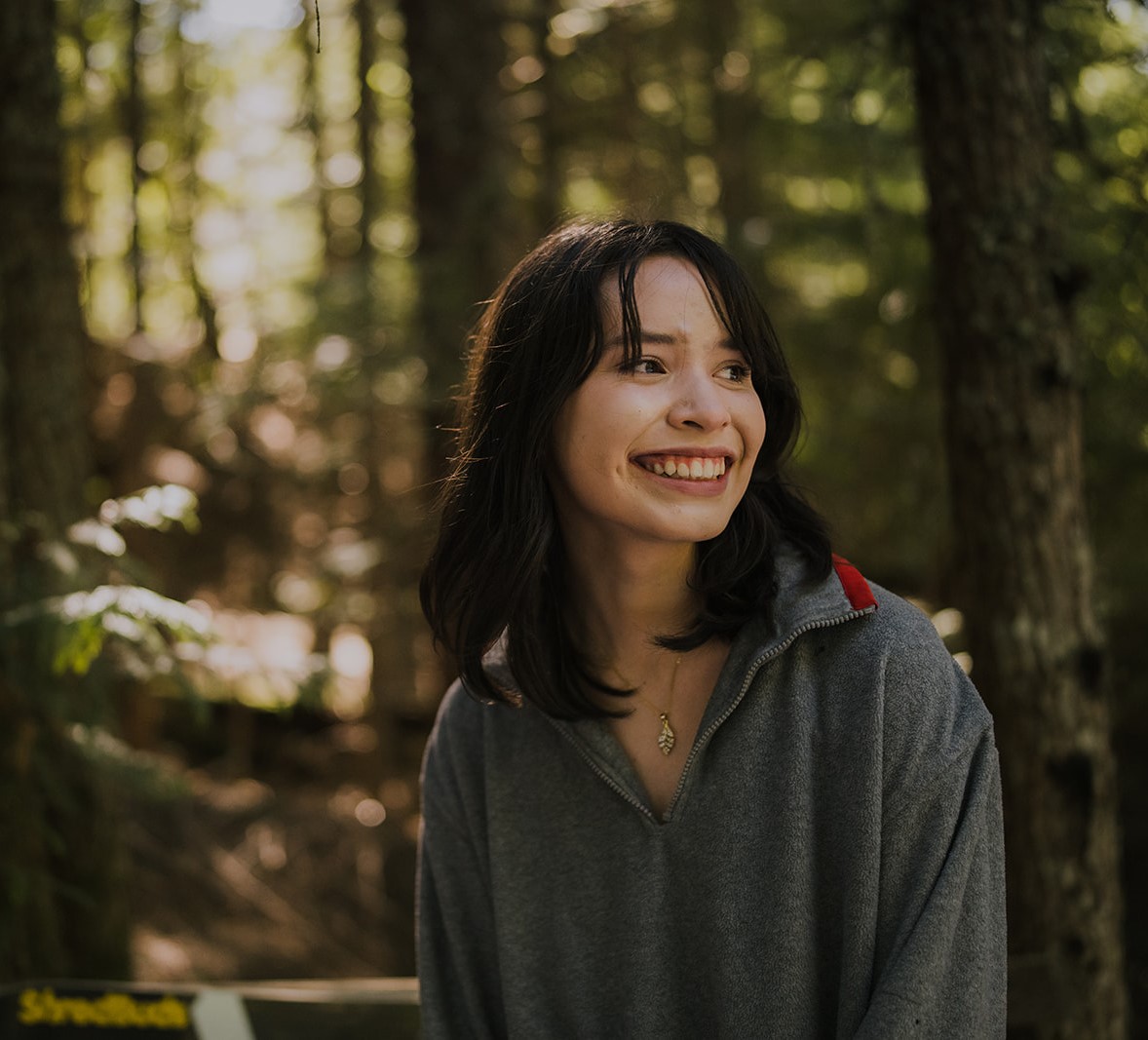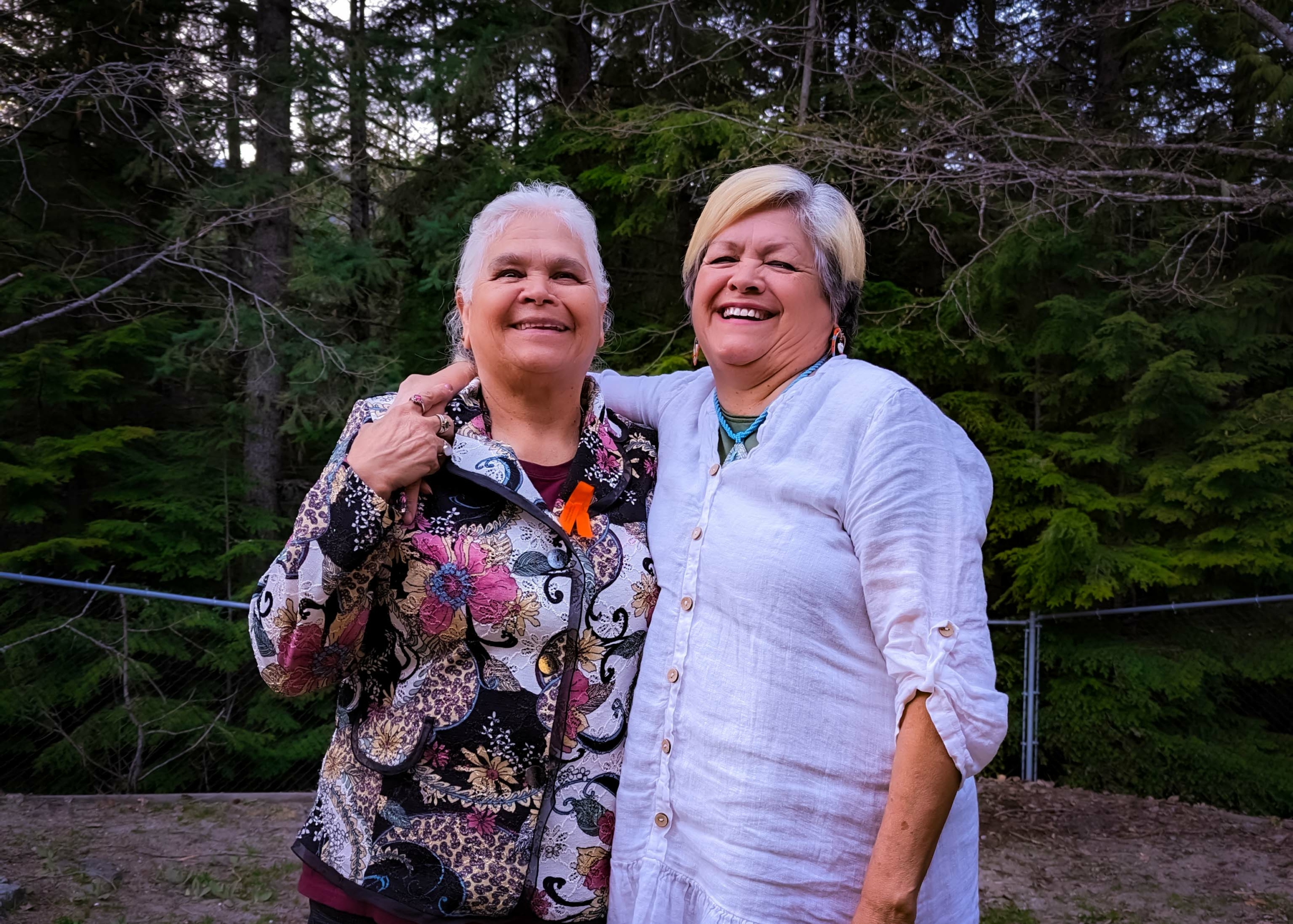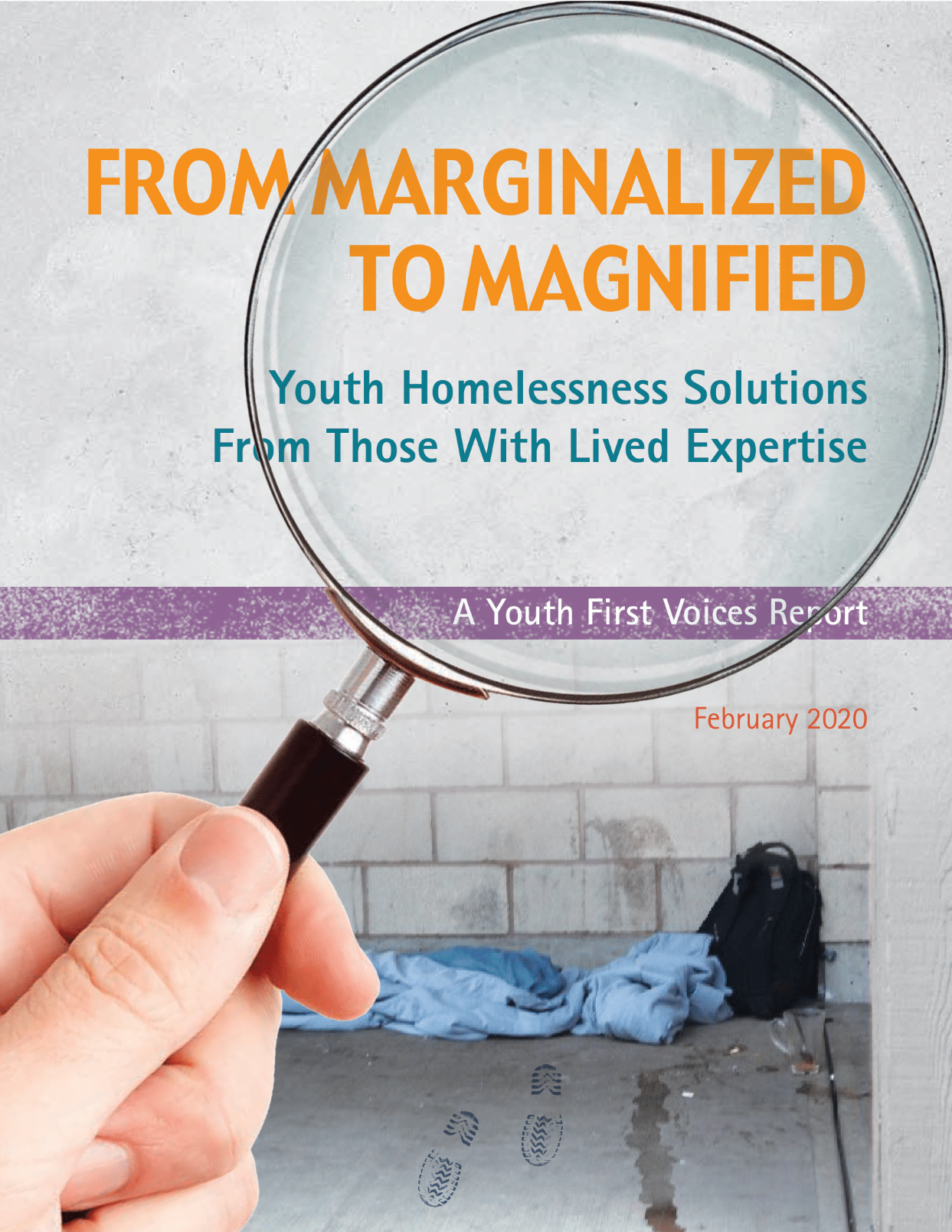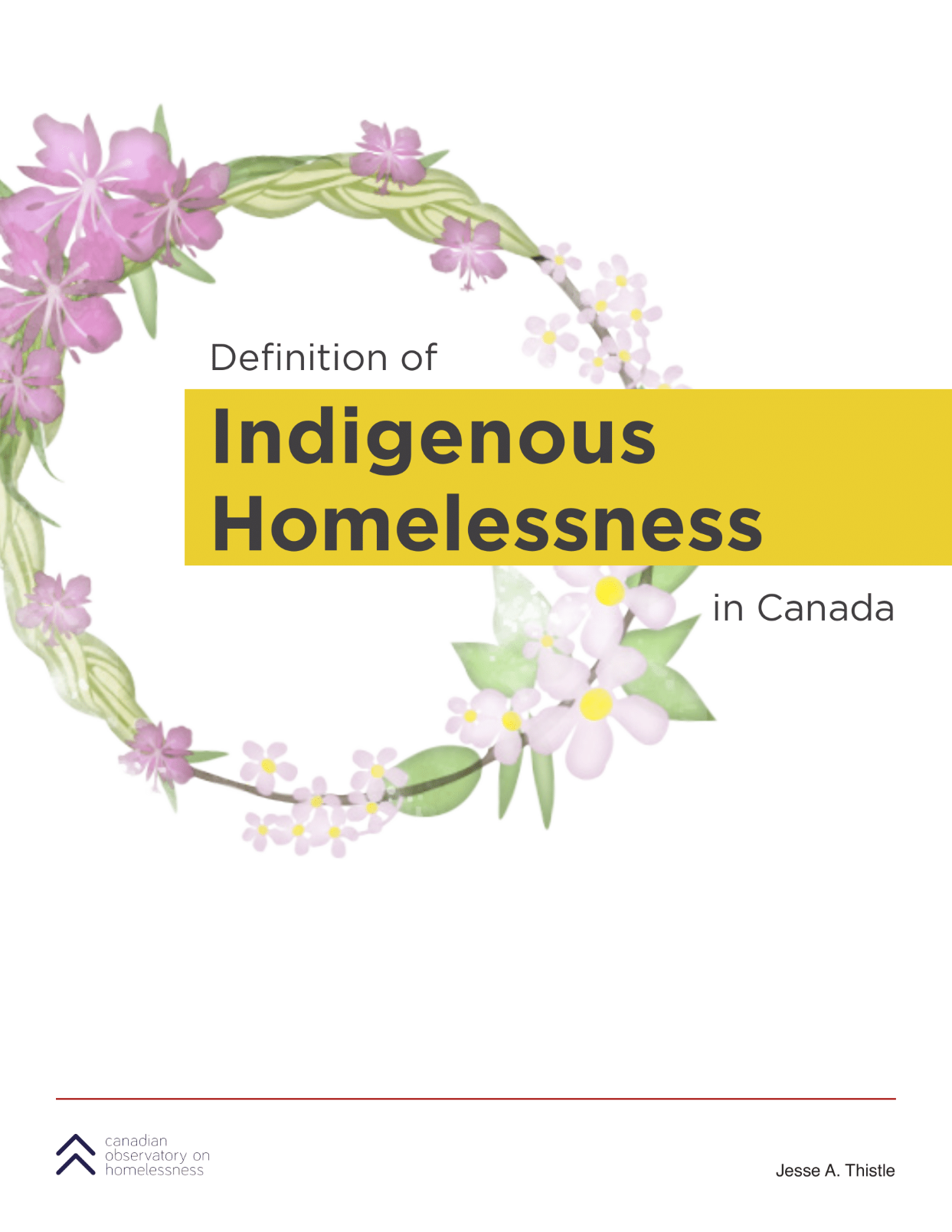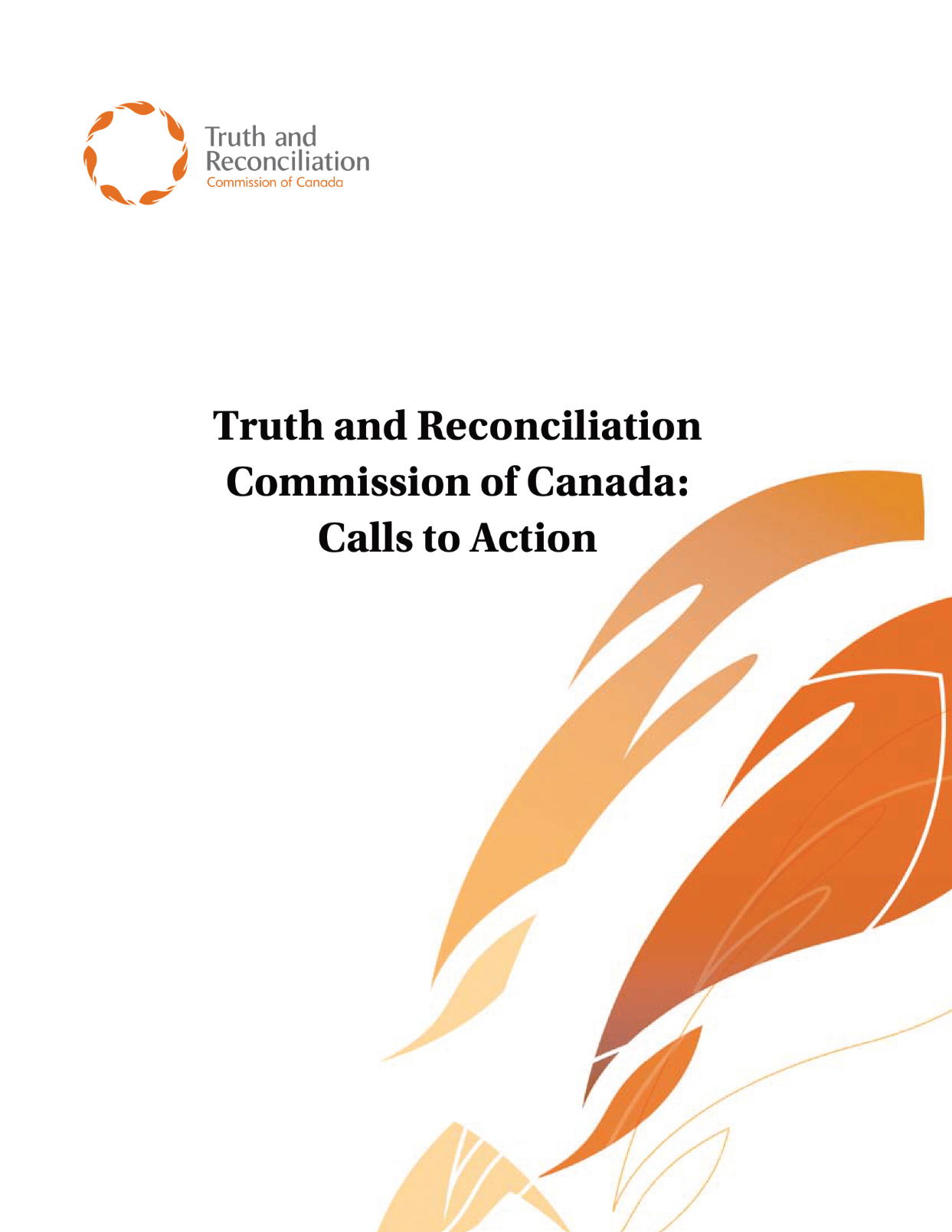Why Is Zero Ceiling on the Path Towards Decolonization?
One of the most important ways we are supporting an end to youth homelessness is to understand our work through the lens of decolonization.
We understand that homelessness is the result of unjust, inequitable systems and structures that have prioritized wealth and property rights over people.
Homelessness is not the result of the individual’s choices or character; it is a direct result of the process of colonization and the resulting systems that uphold it: racism, sexism, homophobia, capitalism, white supremacy, etc. The harms perpetuated by these systems create an environment where certain people can become homeless or precariously housed.
Zero Ceiling believes that the key to ending youth homelessness is to look back to pre-colonization for inspiration. We choose to disrupt these systems, guided by the principles of unconditional love, relationships and community, safety nets, connection with the land, and courage.
Decolonization, for us, is not limited to welcoming Indigenous Peoples to our programs and operations; we are using it as a guide for how to do this work in a good way. This includes decolonizing our own internal systems and processes, as well as our programs and approach. This process requires a foundational shift in the way we view and perform our work, so that is where we direct our energy — at the foundation. That includes our purpose, our hiring, the way we raise money and think of governance, the way we view discipline and the partners we work with; we are changing all of it. And, through this process, we have learned that we are stronger, more purposeful, and more impactful.
While there is no single pan-Indigenous worldview, there are some guiding principles that the people of this land live by:
- Family is identity — we must listen to learn their personal context and have empathy for their history
- We are accountable to our ancestors and future generations — we must do the hard work now to leave the world a better place than when we started
- There is no one knowledge — we must honour every perspective; two opposites can be right at once
- The people and the land are one — we are part of the natural world and must move with seasonality and purpose
- Everyone has a part to play — every person is important; a thriving community is one in which everyone knows and thrives in their role
- Obligations over rights — we honour the fact that we are a collective; everything we do affects another
- Children and elders are precious — this work is generational – sometimes we do not know the effects we have on others, but we must trust that we are making a positive difference anyway
Some key actions we take that are inspired by this lens are:
Developing protocols to accompany policies and procedures that will guide how we do this good work in a good way.
Creating the “Zero Ceiling Auntie” role — Auntie is an Indigenous elder from a nearby First Nation who gives maternal unconditional love, guidance, and cultural support to our program participants and staff.
Monthly J.E.D.I. Temple (Justice, Equity, Decolonization, and Inclusion working group) meetings to further this work, attended by the majority of our core staff.
Compulsory training on cultural safety for Indigenous Peoples, Mental Health First Aid, and suicide prevention training for all staff and board members as well as partners working directly with youth.
Redesigning our systems and processes based on natural cycles and our connection with the land.
Embracing non-white, non-capitalist approaches, such as Community-Centric Fundraising.



